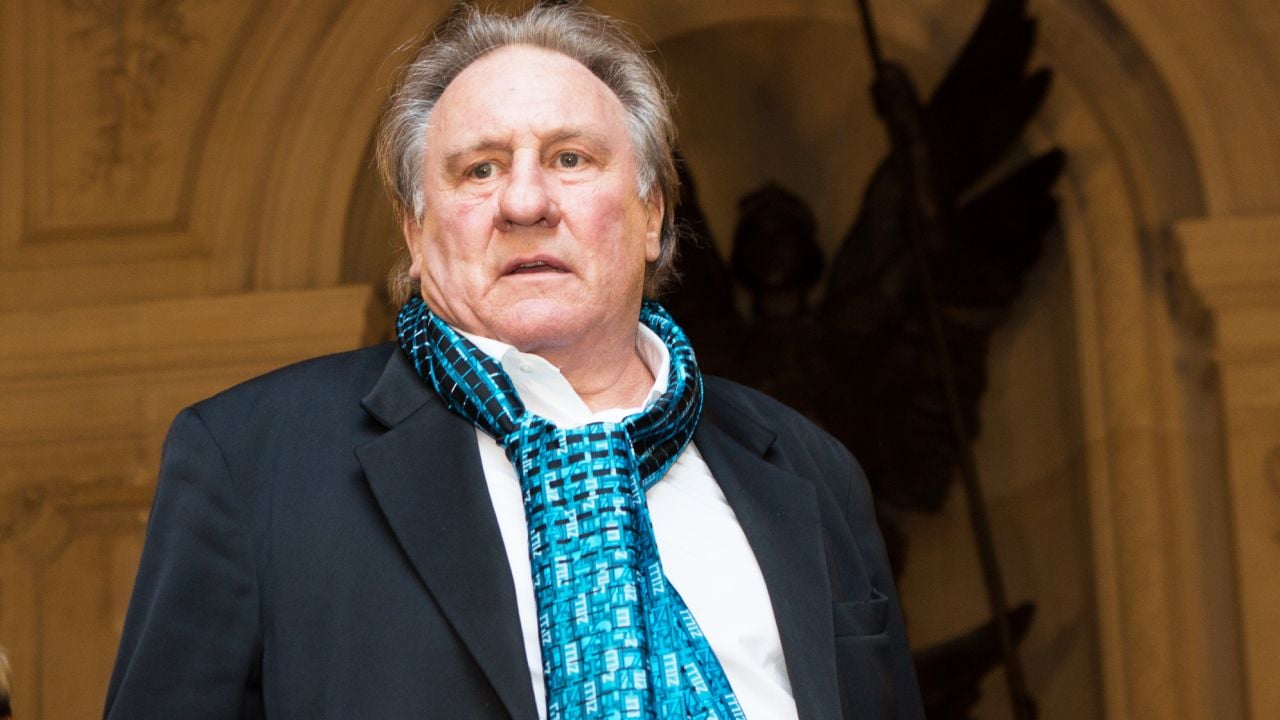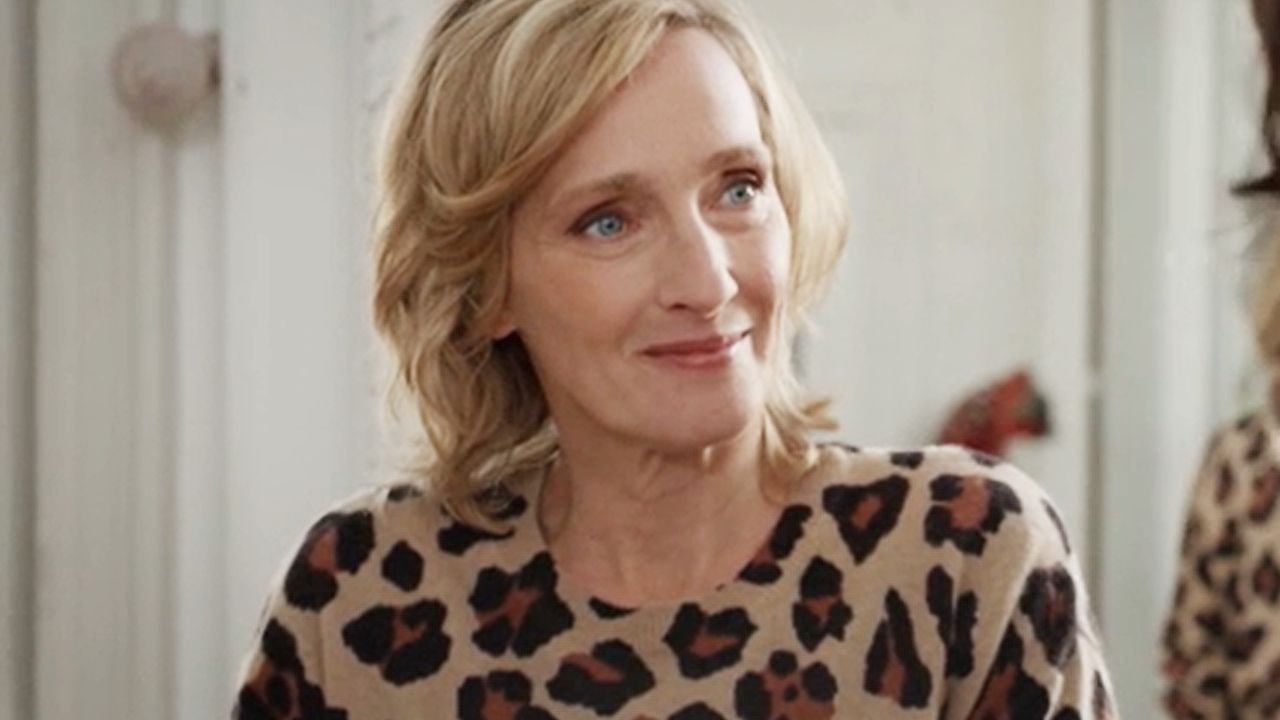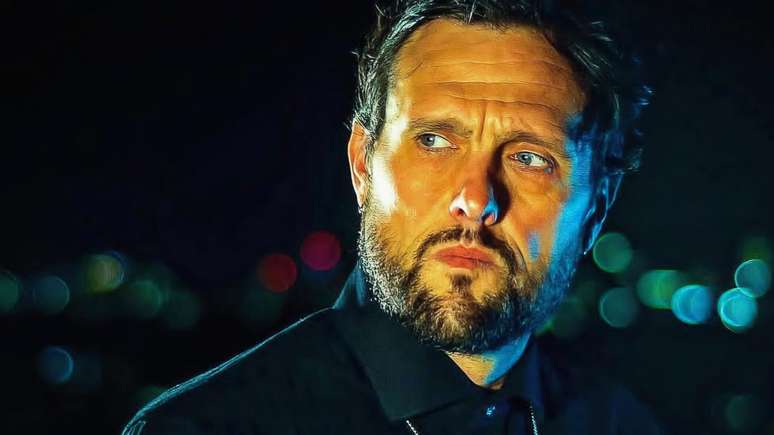The plastic artist spoke to Estadão about the relationship between resistance and art and the release of ‘1000 Anos de Alegrias e Tristezas’
Chinese plastic artist Oh Weiwei he was accused of everything from bigamy to subversion during the 81 days he spent in Chinese government custody in 2011 after years of open political activity. “I was seriously persecuted in my own land”, he said in an interview with Stadiumon the book 1000 years of joys and sorrowspublished by Companhia das Letras, in which he reports the episode.
At 65, Weiwei has faced problems since he was a child in the 1950s, when his family was forcibly exiled after his father, Ai Qing, one of China’s most famous poets, criticized Mao Zedong’s rule . As a refugee in the United States, he came into contact with the works of Andy Warhol and Allen Ginsberg, which inspired him to build art based on the experience of living under a totalitarian regime.
In the book, Weiwei bridges the gap between his father and young Ai Lao, his 14-year-old son. “I hope he’s as principled and independent thinking as my father,” he said in the email interview.
The immigrant experience has been a major concern of the literature, which has been reinvigorated in recent years. In your case, there’s the added element of coming from a country under pressure. How is it possible for an immigrant to fully integrate into another life?
Immigration is a perpetual theme as human travel to new places has been around for a long time, whether by choice or by force. This is an important attribute of civilization and culture. With the division of wealth that results from globalization, as well as wars, disasters and climate change, more people are being forced to make this decision, resulting in more than 100 million refugees today. Furthermore, even those who remain in their own countries may feel alienated at home due to socio-political and economic circumstances. The theme of immigrants encompasses both the social and cultural unrest resulting from immigration and the need to integrate into a new social and cultural structure. As an artist, I have found that the difficulties I have encountered as an immigrant are far greater than those faced by those simply seeking security or economic stability. When a certain language and particular cultural symbols are used to think and work, being separated from one’s language and cultural environment is like a fish pulled out of water. One part of the world is getting close to death and the other part that remains is involved in endless problems while life endures.
Do you feel like a kind of political refugee in Portugal?
I am a political refugee and have been since I was born in China. The year I was born (1957), my father became an enemy of the state and was exiled and persecuted. My story as a refugee started in my country from birth. I am in Europe today for the same reason, as I was severely persecuted in my own land and had to take my son away and end three generations of persecution. In this sense, I am a political dissident, because my aesthetics and ethics determine that I cannot accept the political and ideological system of my homeland.
Why did her thoughts keep wandering around her father while he was trapped?
As a person, I always want to find some basic logic of life and ask questions like who am I, where am I from and why am I here. To answer these questions, I can’t help but think about my father, who he was and how I carried on, or somehow inherited, his destiny and the frustrations he endured. These frustrations have not disappeared and today they have become even clearer and stronger. That is why I often contemplate the fate of many generations together.
The Chinese government has been destructive in its lifetime, but it has also played, in some ways, an oddly creative role. So what would artist Ai Weiwei look like without the Chinese government being an opposing force in his life?
As an artist, I am fortunate to use Chinese politics and culture as my readymades (everyday objects displayed as works of art). As an individual, it is difficult to choose the conditions that are given to me, and the ones that are given to me are my relationship with China and Chinese culture. That relationship naturally becomes the basis of my thinking and expression. Without that foundation, my thought and expression would be empty and unreal. That’s what life gives me, and I think I’m lucky in that sense. Faced with great readymades with historical significance, I had the opportunity to become who I am today. If I can exist as I currently am, then I must be very grateful to the existence of the opposing side.
American evolutionary biologist David Sloan Wilson notes that we are constantly building and rebuilding ourselves to meet the needs of the situations we encounter. He believes we do this with the guidance of our memories of the past and our hopes and fears about the future. What do you think about this?
As an individual, the development of my thinking is directly linked to my personal experiences, including the challenges I encounter and my perception of reality. The person I am today is the result of a continuous discovery of myself.
How can art and activism shape politics and business?
Most important politics is the process by which individuals become who they are. Through constant self-discovery and experience, individuals attest to their existence in their action. It is also a way to politicize our actions and expressions.
Why are you so passionate about identity, displacement, and inequality?
My concerns are rooted in my own personal experiences, which have made me acutely aware of social inequalities and those who are barred from speaking out. Sensitivity to these issues is a natural consequence of what I have experienced.
What’s the most challenging art project you’ve ever worked on?
I have worked on many different projects from large to small scale. The most significant challenge is not what has been accomplished, but what is yet to come: the next step. No matter how far it may seem, we have to start where we are now. The next step is where we can demonstrate the significance of the efforts we have made in the past and move to a new level – this is where my focus is.
Source: Terra
Rose James is a Gossipify movie and series reviewer known for her in-depth analysis and unique perspective on the latest releases. With a background in film studies, she provides engaging and informative reviews, and keeps readers up to date with industry trends and emerging talents.






